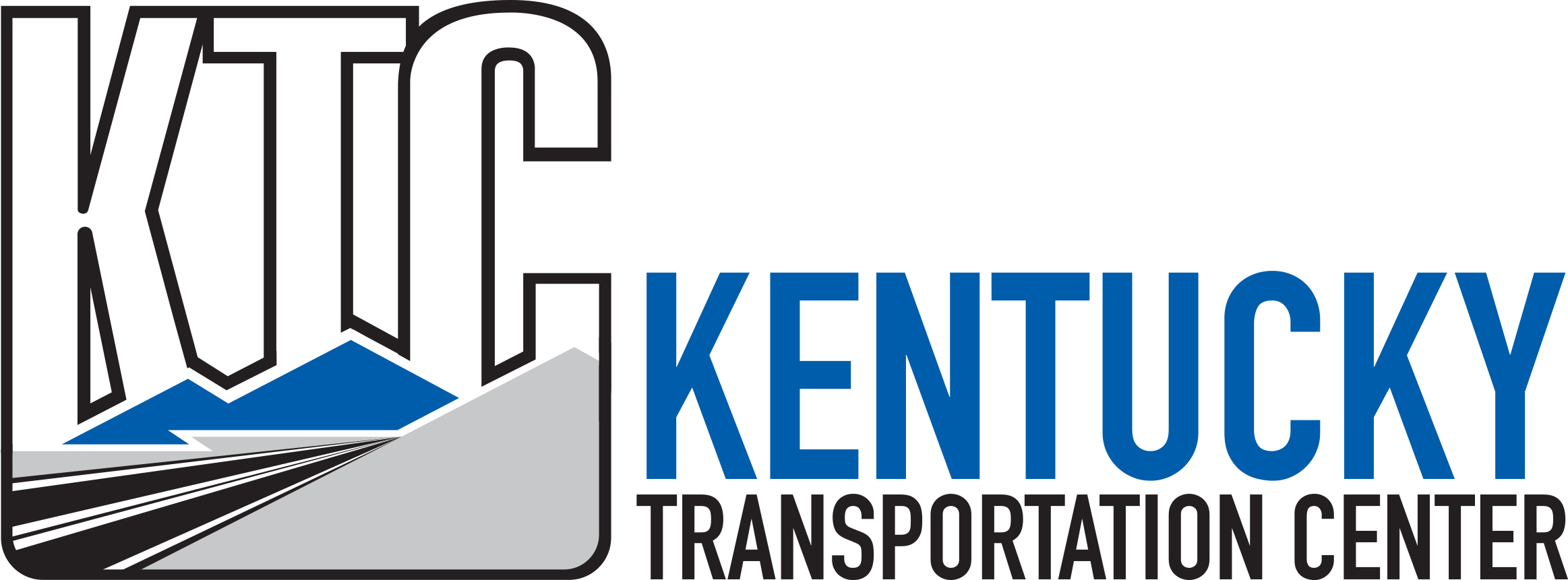Abstract
The Kentucky Transportation Cabinet (KYTC) reimburses publicly operated ferries, including when they cease operations due to severe weather or unforeseen events. Reimbursement procedures are not codified in law and are largely based on historical practice. To determine how the Cabinet should handle reimbursement, funding, oversight of ferry services moving forward, the Kentucky Transportation Center (KTC) reviewed practices adopted by 10 other states and conducted a detailed analysis of Kentucky’s current approach. Of the states KTC examined, only Tennessee reimburses ferry operations for closures (at 50 percent of the normal hourly rate for a period up to 48 hours). Half of the states KTC examined make state funding available for ferry operations, others either devolve oversight to the local level or provide no funding assistance. In Kentucky, operating standards for ferry services are not consistent and no uniform method has been devised to calculate reimbursement rates. In light of these findings, KYTC should create detailed auditing guidelines to improve the consistency of ferry service financial statements; pursue funding sources it has not previously taken advantage of, and generate long-term forecasts of the state’s ferry operations. Lastly, the Cabinet should ask the General Assembly to revisit and modify several statutes pertaining to ferries which contain outdated language that has little relevance to the modern transportation system.
Report Date
2-2020
Report Number
KTC-20-04/PL35-1F
Digital Object Identifier
https://doi.org/10.13023/ktc.rr.2020.04
Repository Citation
Marks, P. Gayle; Gibson, Bryan; Martin, Andrew; and Kreis, Steven Douglas, "Analysis and Assessment of the Reimbursement Rates and Mechanisms for Kentucky’s Publicly Funded Ferries" (2020). Kentucky Transportation Center Research Report. 1684.
https://uknowledge.uky.edu/ktc_researchreports/1684



Notes
© 2020 University of Kentucky, Kentucky Transportation Center
Information may not be used, reproduced, or republished without KTC’s written consent.
The contents of this report reflect the views of the authors, who are responsible for the facts and accuracy of the data presented herein. The contents do not necessarily reflect the official views or policies of the University of Kentucky, the Kentucky Transportation Center, the Kentucky Transportation Cabinet, the United States Department of Transportation, or the Federal Highway Administration. This report does not constitute a standard, specification, or regulation. The inclusion of manufacturer names or trade names is for identification purposes and should not be considered an endorsement.